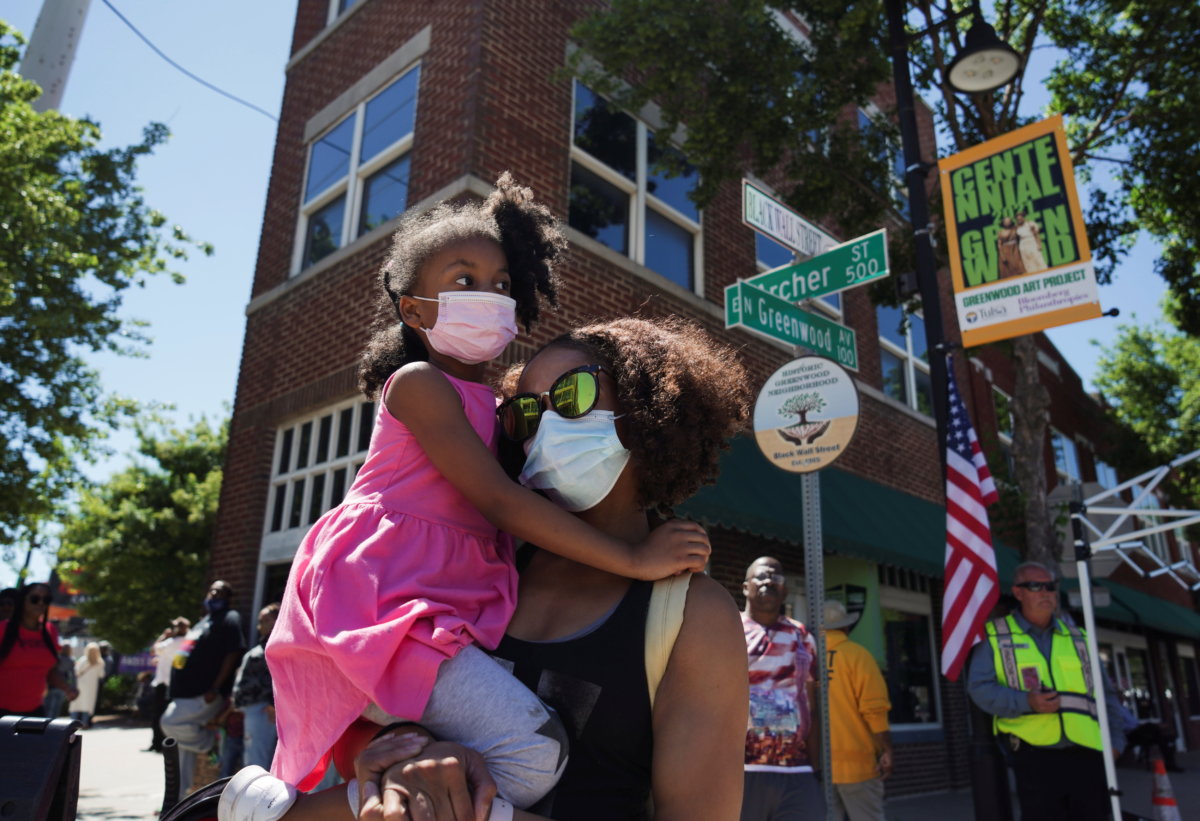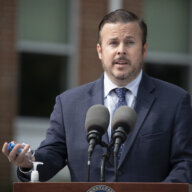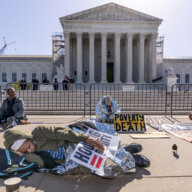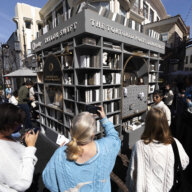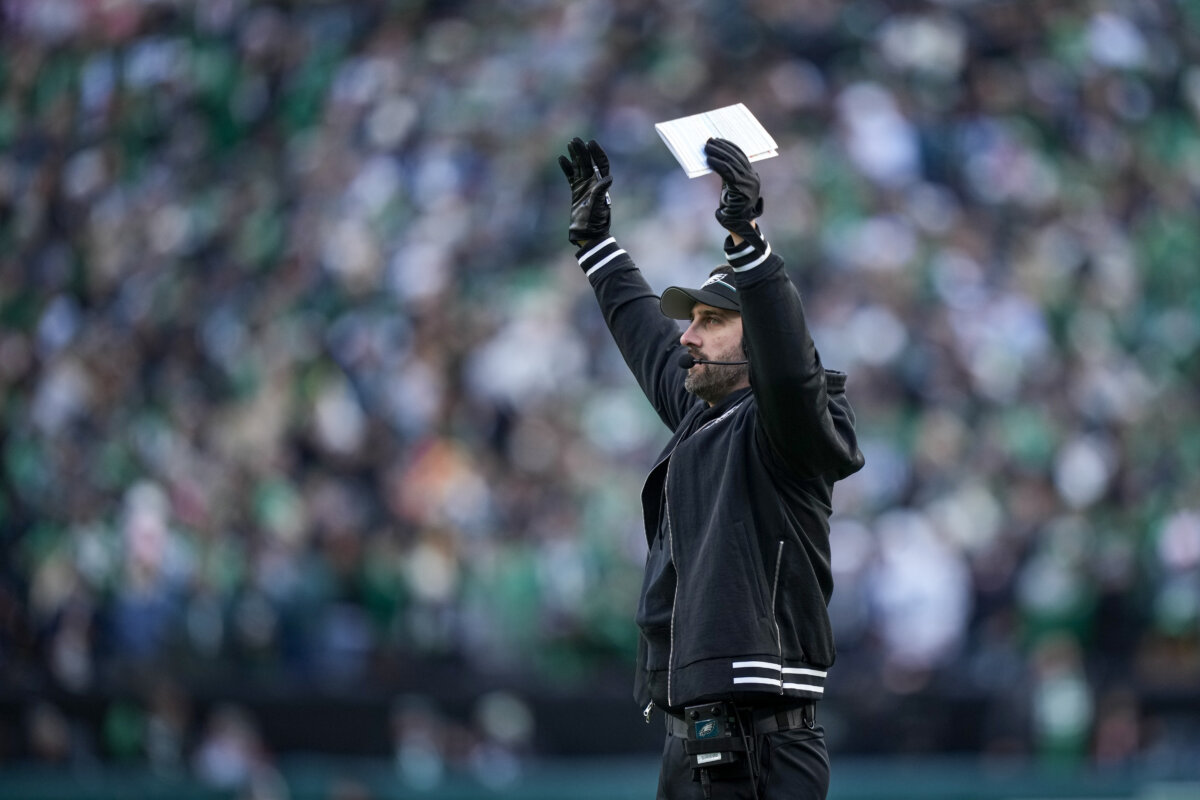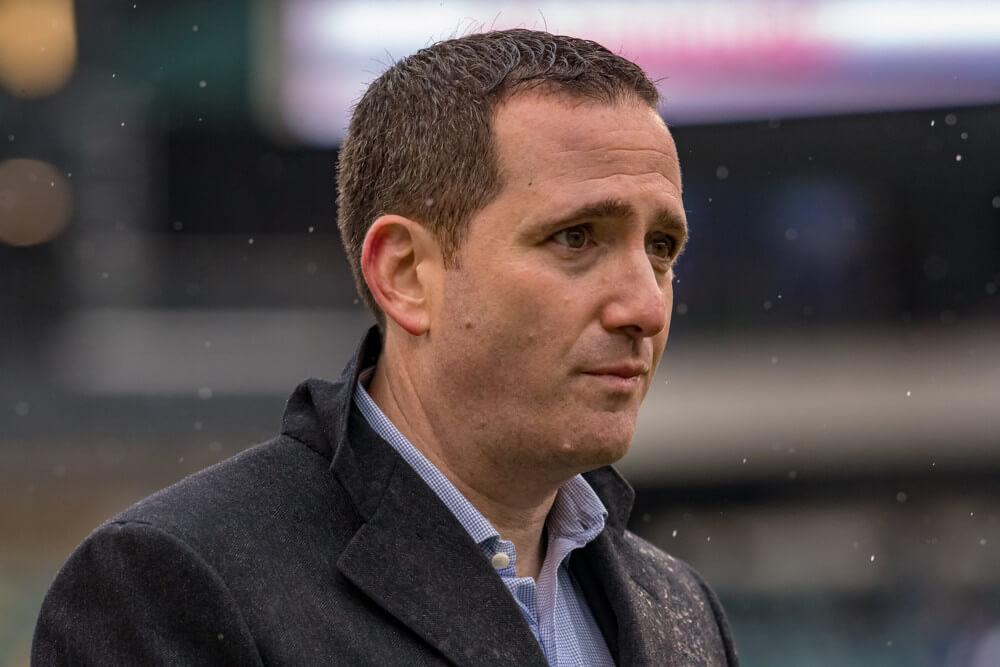By Teresa M. Lundy
In this special edition of The Business Corner, we are going to discuss a significant moment in American history.
Last week, President Joe Biden gave a speech in Tulsa, Oklahoma, acknowledging that 100 years ago there was a massacre that destroyed a prominent African American business community and killed hundreds of Black people.
This took place between May 31 and June 1, 1921. The community was in an area in Tulsa’s Greenwood district, which was known as Black Wall Street.
According to the Associated Press, more than 300 black residents of Tulsa were killed and thousands of survivors were forced into internment camps for a period of time overseen by the National Guard.
President Biden said during his speech in Tulsa, “[s]ome injustices are so heinous, so horrific, so grievous, they cannot be buried, no matter how hard people try. Only with truth can come healing.”
In addition to President Biden’s speech, the White House announced that the administration will increase the percentage of federal contracts awarded to small, disadvantaged businesses by 50% by 2026, which is estimated to be an additional $100 billion to those business during the five-year timeframe.
While the White House initiative is an important step, more needs to be done to help bring true economic opportunity to individuals who were left behind by the government.
The Tulsa massacre resulted in the destruction of 35 square blocks of black owned businesses. The descendants of the business owners in Tulsa lost the economic value that had been created and the income which would have derived from operating the businesses.
The Brooking Institution, a public policy nonprofit, estimates the total wealth lost in the Tulsa massacre at $200 million.
If the City of Tulsa and the State of Oklahoma will not do the right thing and provide a full and fair repayment to these families, then the federal government should step up and correct this massive injustice.
This isn’t an article about reparations. Rather, this is about restitution. Restoring these families to where they would have been absent a massacre.
The federal and state governments stepped up when Americans were victims of Hurricane Sandy. They should do the same now.
Finally, it is important to note that insurance companies also skirted their responsibility to pay claims after the Tulsa massacre. According to the Brookings Institution, only one claim was paid out of over $1.8 million in damage claims. In today’s dollars, that represents at least $27 million. It is important to remember this is the destruction of over 1,200 homes, businesses, hospitals, schools and churches.
Insurance companies have failed to right this wrong, as has the local and state government.
As former President Barack Obama has said, “History doesn’t always move in a straight line. Without vigilance, we can go backwards as well as forwards.”
We need real change in this country to continue moving forward for the Black community, as well as our broader society.
Teresa M. Lundy is the Principal and Founder of TML Communications, a strategic public relations, crisis communications and community engagement firm serving corporations, nonprofit organizations, and government agencies. Follow Teresa on Twitter @TeresaMLundy



